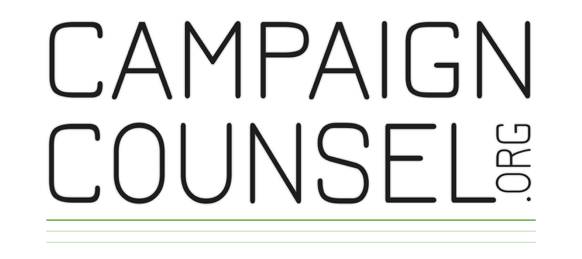Understanding the Importance of Capital Campaign Feasibility Studies: A Guide for Nonprofit Leaders
We are approached daily by wonderful nonprofits ready to advance their missions and increase their impact through expansion, renovation or brand-new facilities. One of the most effective ways that nonprofits raise substantial funds for large projects like these is through a capital campaign. But before embarking on this significant endeavor, savvy nonprofit leaders understand the importance of a capital campaign feasibility study, also known as a campaign planning study. Explore our educational guide into what a capital campaign feasibility study is, why it's necessary, and how it can shape your organization's fundraising strategy.
What is a Capital Campaign Feasibility Study?
A capital campaign feasibility study is a process that leads to future campaign success. It is an essential preliminary step that assists nonprofit organizations in determining the potential success of a large-scale fundraising initiative. A better name for the study is a capital campaign planning study, as this comprehensive analysis evaluates much more than feasibility. It assesses the organization's fundraising capacity, uncovers any potential challenges that might impede the campaign's success, and gauges donor interest while educating them about the project and preparing them for an eventual ask.
Typically during a feasibility study, a capital campaign consultant will interview your board, your donors, prospective donors, community, business and foundation leaders, and local philanthropists. During those interviews, your consultant will share information about your organization, your vision and your project, and ask for feedback from the interviewee. Since this information is gathered by an independent third party, it helps to build a strong, donor-approved case for support. Your consultant also will share the project’s cost, the lead gifts that will be needed to make the campaign successful, and ask how likely the interviewee would be to support the project with a gift. Considering this information, your consultant can help you identify an achievable campaign goal.
The Necessity of a Feasibility Study
Why is a feasibility study crucial to a capital campaign? Simply put, it helps to minimize risk by providing valuable insights and concrete data to guide decision-making. The insight you gain from your consultant’s community interviews and research helps you to avoid launching a campaign that your community won’t support and prepares your donors, supporters and community leaders for your campaign.
When approached as the more robust campaign planning study, an effective study can identify key donors, assess community support, and provide a realistic fundraising goal. Done well, it should include an assessment of your internal organization, bringing to light staffing and software capacity and needs that should be addressed before launching a capital campaign.
Beyond the education and cultivation of current and prospective donors, study deliverables should include a draft case for support that is built upon feedback from your staff, board and engaged community members. Feedback from those outside your organization is vital to developing a case for support that is most likely to resonate with your community and your potential donors. That feedback is best gathered during a campaign planning study. Your case for support – a long, internal document – will lay out all the details of your background, your challenge and your solution and become the backbone for all your campaign solicitation materials.
The final study deliverable should be a detailed strategic campaign plan that combines the study findings with your consultant’s expertise. The plan will identify your campaign donors and leaders and provide a month-to-month blueprint for soliciting them and achieving your campaign goal.
How a Feasibility Study Shapes Your Fundraising Strategy
A capital campaign feasibility study should be more than just a risk assessment tool. Conducted as a campaign planning study, it provides a roadmap for your fundraising strategy. Your consultant will use the results of your study to develop a unique plan that includes a timeline for your campaign, phases for targeting every level of donor, and the steps that will lead you to a successful campaign.
The study's findings and the resulting case for support also help tailor donor communications and shape your campaign messaging. By understanding your donors' interests and concerns identified during the study, your organization can create a compelling narrative that resonates with potential donors.
Without a Feasibility Study ...
Without a feasibility study, or more importantly, a campaign planning study, you are flying blind. You have not tested your project or your goal with donors, and you don’t know what is important to them or what they will support. You run the risk of starting something that you cannot complete and hurting your nonprofit’s credibility.
For nonprofit leaders considering a capital campaign, understanding and implementing a capital campaign planning study is not just a best practice—it's a strategic necessity. By recognizing its importance and leveraging its insights, you can ensure your organization is better equipped to embark on a successful capital campaign.
If you would like to learn more about capital campaign planning and management, please contact us to set up a time to talk. We would love to hear about your project.
Melissa Sais is CampaignCounsel.org vice president and partner.







